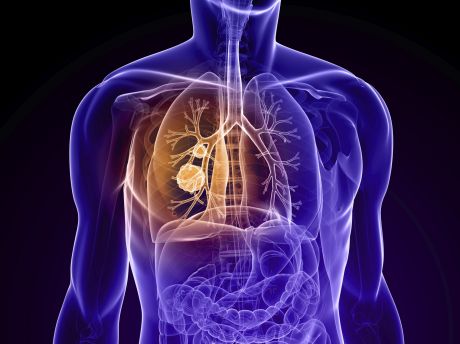
Non-small cell lung cancer (NSCLC) is a major health issue with hundreds of thousands of deaths each year. New, targeted therapies are urgently required to improve the dismal statistics of this disease.

Although millions of different species of fungi exist, only a few are capable of causing allergies or serious infections in humans and animals. Traditional reductionist approaches of the past have not been sufficient to address the new challenges in the pathogenesis of fungal diseases.

Lymphocytes are key effector cells of our immune system. Understanding the molecular mechanisms that drive their development could help understand many immune-related diseases.
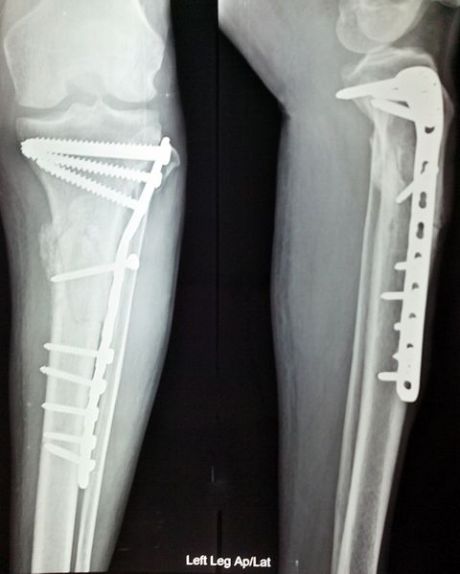
Young researchers across the EU have developed new titanium (Ti)-based implant technology as part of an international training network.
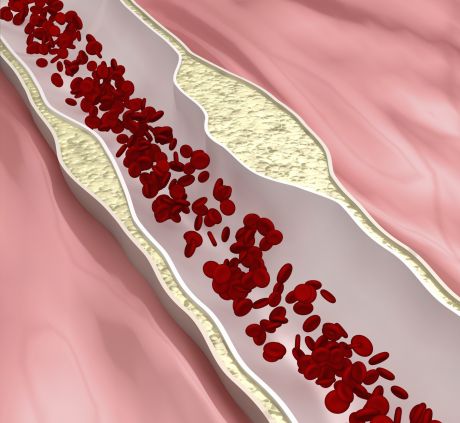
European researchers investigated how regulators of gene expression might affect the arteriosclerotic degeneration of blood vessel walls. Their findings, apart from facilitating prompt diagnosis, could have therapeutic relevance as well.
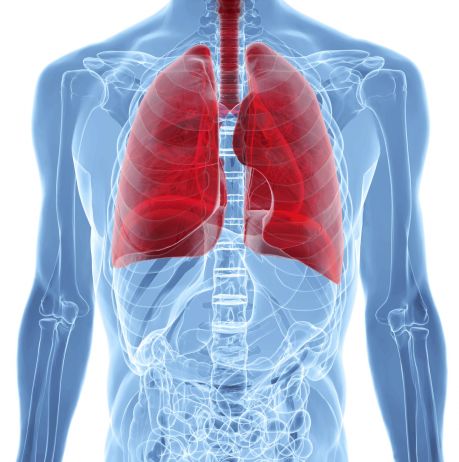
Certain diseases carry with them odours that physicians use for diagnosis. EU-funded researchers explored the use of laser absorption spectroscopy (LAS) as a breath sensor for detecting cystic fibrosis (CF).

To understand the physiological and pathological functions of cells, scientists need to study the human proteome. To facilitate these efforts, a high-throughput system for generating special technical resources is required.
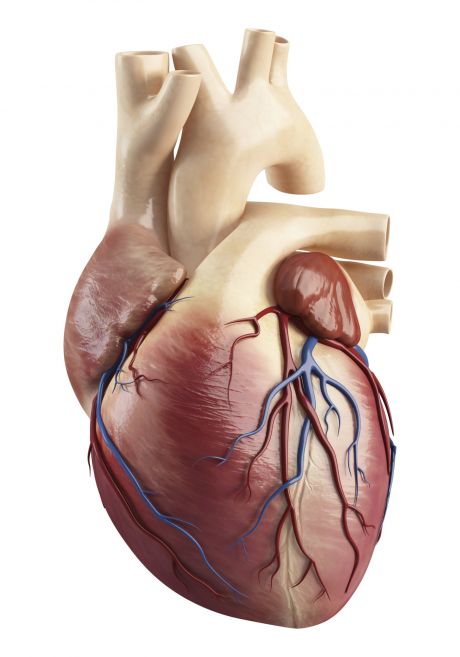
Cardiac diseases are one of the top global killers. Comprehending the function of cardiac muscle components should help resolve dysfunction through novel interventions.

European researchers developed a series of innovative antibody-like tools that allowed them to study breast cancer and discover new biomarkers.

Researchers have discovered how star-shaped cells called astrocytes control brain development and connect neural circuits, taking a step towards treating neurodegenerative disorders.

Pancreatic cancer is the fourth cause of cancer-related deaths worldwide. Current therapies are not effective, thereby necessitating targeted approaches against implicating molecules.

Despite being an ancient infectious disease, the elusive cure for tuberculosis remains one of the main priorities of the scientific community worldwide.

A European study developed an interesting strategy for treating cancer by inducing cancer stem cells to differentiate.

Targeted drug delivery to desired cell types increases therapeutic efficiency and minimises undesired side-effects. A European research project worked on developing a novel concept for targeted drug delivery into neuronal and cancer cells.

Calcium signalling is important for various functions in virtually all cells. In T lymphocytes of the immune system calcium is necessary for gene expression regulation.

Scientists have developed new diagnostics for Crimean Congo Hemorrhagic Fever, making progress towards controlling and predicting the spread of the disease in Europe.
A new automated drug safety surveillance tool may help identify adverse drug reactions not detected in pre-market clinical trials using multiple data sources.

Our perception of time, space and other people defines our mental orientation. European scientists provided unprecedented evidence on the role of orientation in neuropsychiatric disorders.

Delayed graft function (DGF) a complication of early graft dysfunction often follows organ transplantation. Targeting this condition, a novel antibody treatment may prevent loss of graft function and ultimately transplant failure.

Listeria is the most deadly of the food-borne pathogens with a mortality rate of up to 40 %. EU researchers have worked on control of this bacterium using its natural sensitivity to acid conditions.
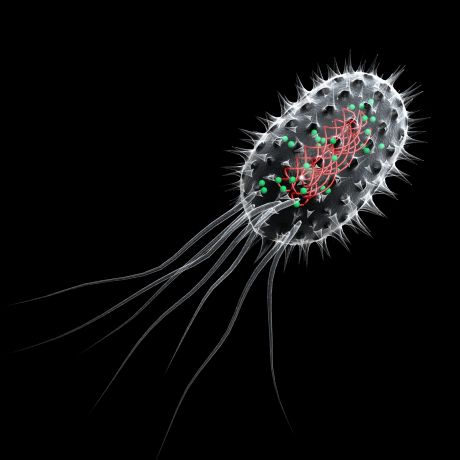
Over the years, research in the area of drug delivery has come a long way. The STOPP VEHICLES study exploited the path travelled by bacterial toxins to deliver drugs within cells.
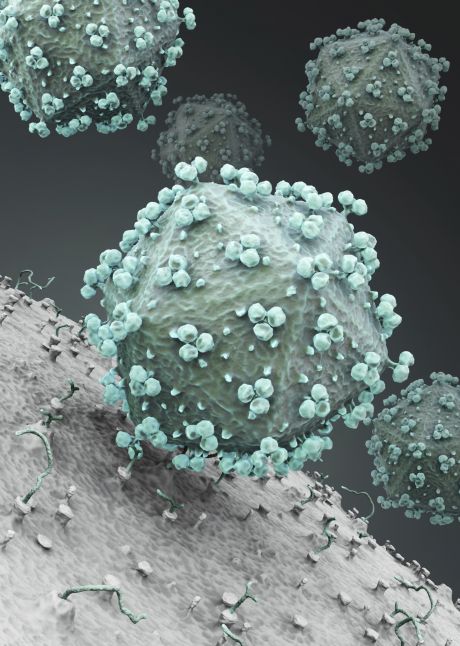
Despite advances in anti-retroviral therapy, HIV infection remains one of the biggest medical challenges so far. Understanding virus-host interactions is fundamental to the design of new anti-HIV drugs.

Rising obesity, addiction and stress levels are a major public health concern. An EU initiative that investigated the neurobiology of stress, addiction and eating behaviour provided fresh insight.

Health claims made by food manufacturers may soon be substantiated by biomarkers that measure how food compounds affect healthy and unhealthy individuals.

EU funding is continuing to work on therapies to tackle emerging and neglected RNA viruses. Diseases include the newly emerging Zika virus, Ebola virus, human MERS and severe acute respiratory syndrome (SARS).























